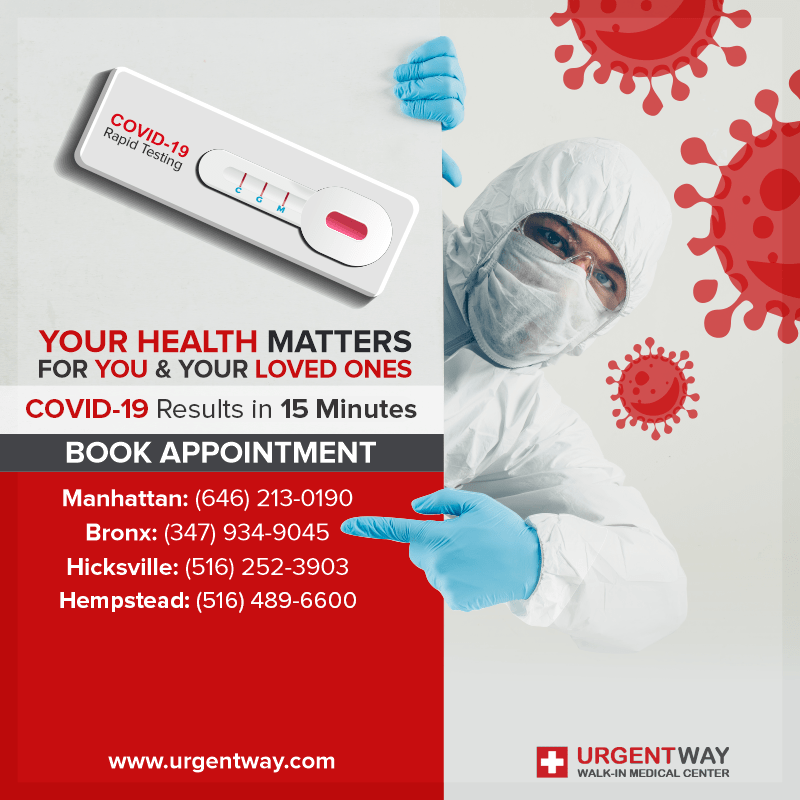What if someone asks, are you having safe sex and your answer is “sometimes” or “I think so”, you might need to worry a little. According to the Centers for Disease Control and Prevention, approximately 20 million new cases of sexually transmitted diseases occur each year in the United States, and one-half are among 15 to 24 years old.
If you are jolted by the statistics, you might get an even bigger shock. According to the World Health Organization, more than 1 million sexually transmitted infections are reported every day worldwide.
The purpose of this post is to help you out in knowing the facts about Sexually Transmitted Diseases. You might know a few of them while some of them will be new to you. Let’s have a look at the facts about STD and STD testing.
Women are More Prone to STDs Compared to Men
Women are more prone to STDs as compared to men but it has no link with sexual activity. It is only because of their physical structure that is why men are able to transmit the infection to women (not intentionally or deliberately).
Moreover, the STDs in women can be worse than in men. For instance, untreated chlamydia can disperse to the uterus and fallopian tubes, which can result in pelvic inflammatory disease leading to infertility and chronic pelvic pain.
It is possible that the woman can affect the child if they become pregnant. Similarly, women having genital herpes can also pass it on to the child during delivery. The risk can be reduced but not eliminated at all. Using female condoms during sexual intercourse or asking men to wear a condom while having sex will ensure the prevention of STDs.
Some STDs can be Treated but not Cured
Bacterial STDs such as syphilis, chlamydia, and gonorrhea can be cured with antibiotics, and scabies and pubic lice can be cured with insecticides.
Viral STDs such as genital warts, hepatitis B, HPV, herpes, and HPV are instigated by HPV that can be managed but are not curable. Living with STDs not only affects your physical health but also disturbs you emotionally. Moreover, it can also affect your romantic relationships.
Before having sex, tell your partner about having STD. In some cases, it can be considered as a criminal offense, if you don’t let them know. Before you involve in any sexual relations, make sure that both of you get tested for STDs.
Untreated STDs can adversely affect Your Health
As discussed earlier, women tend to have frequent health complications from STDs as compared to men. If the symptoms are not noticed timely, the damage might be irreversible.
Moreover, infertility and pelvic inflammatory infection caused by gonorrhea or chlamydia can cause cervical cancer in women. Men and women are both at risk of liver failure or liver disease caused by heart and blood vessel damage and hepatitis B.
Pregnant women with STDs are in jeopardy of ectopic pregnancies, premature delivery, and miscarriages. Moreover, it can also be transferred to the baby as well.
Condoms do not certify Prevention from STDs
Condoms do not guarantee prevention from STDs, but still use a new condom every time you have vaginal, oral or anal sex. Every partner who is faithful in a relationship and has no symptoms of STDs may go for condoms to prevent any risk of developing or transmitting STDs.
Sexually Active Men and Women have HPV Infection
Out of 150 strains of HPV, more than forty are sexually transmitted. A dozen of them are high risk and can cause various types of cancer such as penile, vaginal, oropharyngeal, mouth and throat, cervical, and vulvar cancers. Low risks HPV can cause genital warts.
The majority of men and women will never come to know about HPV because the immune system can eradicate the less aggressive forms of HPV on its own. Aggressive strains of HPV may not cause symptoms for many years, but women may catch some HPV infections of the cervix early with the HPV test. However, there are no HPV tests for men.
Boys and girls can go for the HPV vaccine, which helps in protecting against most kinds of HPV, most likely to cause cancer as well as those that cause genital warts.
About Author:
Dr. Faika Khan is a family medicine doctor and founder of UrgentWay in New York and is affiliated with NYU and Plainview Hospital. She received her medical degree from the New York College of Osteopathic Medicine and has been in practice for over 10 years.


